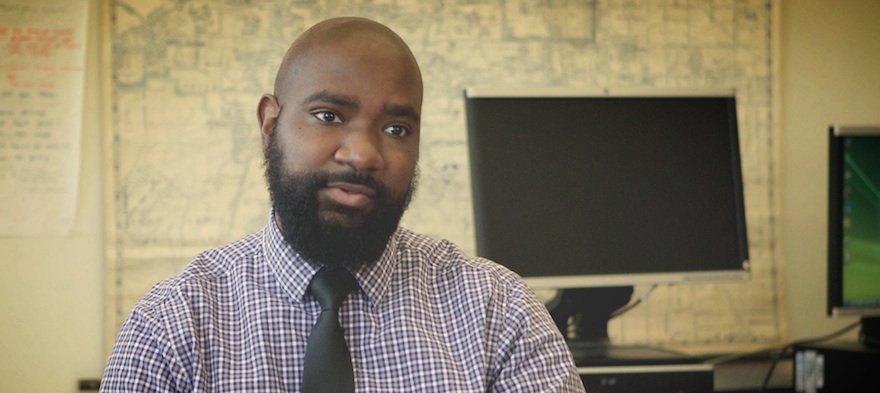
Sep 26, 2017 12:00:00 AM
by Nate Bowling
Nate Bowling is a high school government teacher in Tacoma, Washington, who was named the 2016 Washington State Teacher of the Year and a finalist for National Teacher of the Year. He is also a recipient of the 2014 Milken National Teaching Award and founding member of Teachers United. In August 2017, he came together with more than 40 other African-American parents, students and teachers to talk about the Black experience in America's public schools. These conversations were released as a video series in Getting Real About Education: A Conversation With Black Parents, Teachers and Students.
Few issues in education spark more tension and debate than standardized testing. Are they a tool for equity or a burden on students? A necessary check on school systems or a flawed measure of...
Charter schools are public schools with a purpose. Operating independently from traditional school districts, they're tuition-free, open to all students, and publicly funded—but with more flexibility...
Despite the benefits of a diverse teaching force, prospective teachers of color fall out of our leaky preparation pipeline at every stage: preparation, hiring, induction, and retention. Here’s what...
Ed Post is the flagship website platform of brightbeam, a 501(c3) network of education activists and influencers demanding a better education and a brighter future for every child.
© 2020-2025 brightbeam. All rights reserved.
Leave a Comment